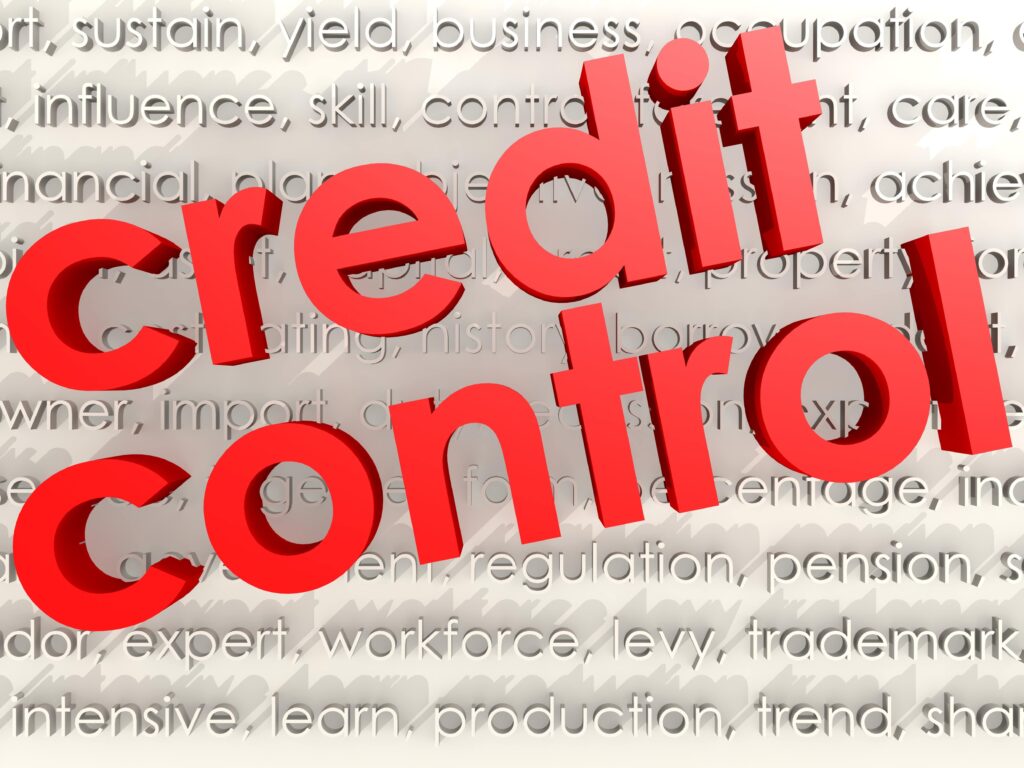Are you interested in finding out how needs and wants should affect borrowing?
A first step in working out how able you are to borrow money is deciding whether you will borrow to fund your wants or your needs.
While the concept of “needs vs. wants” is nothing new, it is still a concept many people forget when borrowing books through direct lenders and traditional lenders. Whether you are a parent, a single person, or a student, you should seriously consider whether your expenses are a true “need” before deciding to borrow them.
How Needs and Wants should Affect Borrowing
Loanspot Kenya is known to be in depth in sharing valuable information with the citizens here in Kenya and this is one of the ways in which we do so. Let us discuss what you need to know about your needs and wants and how it affects borrowing. Therefore;
- The decisions related to borrowing should be taken considering how important and valuable your expenses are.
- Before you decide to borrow, you need to understand what you want to spend the money on to help you make a wiser decision.
- If it is a need that must be fulfilled like paying school fees, house rent, health, etc., borrowing is understood to be the way out.
- The more you spend too much on your wants, the more you need to reconsider your decision to borrow.
- Moreover, we can’t deny the fact that in many ways, aspirations are very fruitful which is why we do not recommend absolutely overlooking such expenses. But we wish to convey that the understanding of needs and wants can play a major role in making a good decision to borrow.
Differences Between Needs and Wants
Needs are basic requirements for human survival while wants are not requirements but it can help one live at an acceptable quality. This is often referred to as an aspiration and not a core necessity.
What Expenses can one Qualify as “Needs”
The examples of expense that falls into our needs would include:
- Food
- Water
- Clothing
- House
- Basic transport and
- Education.
Others may include; repayment of dues, house patches and repairs, internet data charges and vehicle fuel costs, e.t.c.
What Expenses can one Consider as “Wants”
Expenses that fell under wants are something like
- Clothing of a luxury brand
- Packaged can water
- Partying
- Costly Organic and Canned foods
- Luxurious house rentals
- Luxurious shoes and other beauty accessories.
These are expenses you can practically live without. So once it’s something you can compromise on and still be alive, consider it as wants.
How to differentiate a want from a need in times of confusion
Most times we confuse needs from wants. But for you to be fully aware of which expenses belong to each category, ask yourself these questions below. If your replies are all negative, take them to be needs but if they are positive, take them to be wants.
- How enormous is a challenge I shall face if I choose to avoid this expenditure?
- Are there other no expenses I shall incur, if I embark on this, which are of higher priority than this?
- Is there no other alternative that I can opt for which can cost less?
- Can I still live my life or manage without it?
A Typical Example showing a Need and a Want
There is a big difference between the cost of something and its value. And when it comes to money especially borrowed money, understanding this difference can save you a lot of agony in the long run. Assuming Mr. A borrowed Ksh. 8,000 and wants to use it to solve these various expenses listed below:
| Expenses | Need | Want |
| Ksh. 1,000 for school fees | Ksh. 1,000 is very important and is a need and should be paid | – |
| Ksh. 3,000 for excursion trips and outings | – | This is a want and can be forgone to save the money to attend to other needs. |
| KSh. 3,500 for his house roof repairs, which if not done would attract an additional fee of KSh. 1,800. | This is a need and can attract additional money if not attended to. | – |
| KSh. 5,00 to repair his piano he would use next month. | – | This is a want. The piano can be repaired by the next paycheck since it can still be used next month and not urgent. |
In life, there are 4 basic things a person needs; food, water, shelter, and clothing. There are 3 basic things a person wants; material items, experiences, and self-actualization. The list of things we need is finite while the list of things we want is infinite. From this example, Mr. A will save a lot of money if he spends the money he borrowed wisely.
Conclusion
One of the most important questions you should ask yourself when considering taking out a loan is, “Do I really need this loan?” If you are in debt and can’t see a clear way out, that’s a clear sign that you need to cut back on your expenses. We must avoid loans for wants, remember that loans are used for things that are needed, things that you cannot afford to do without.
